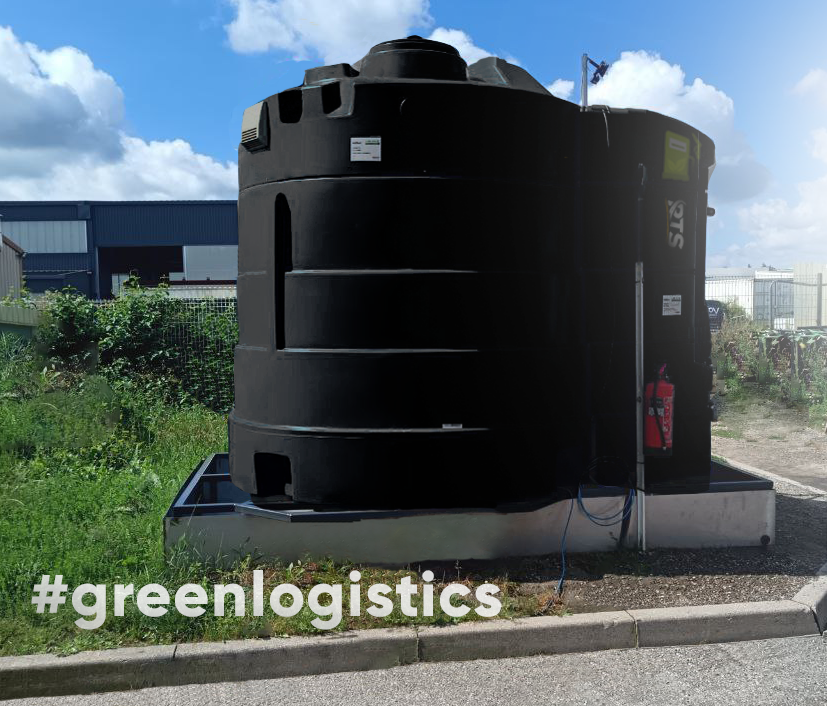Why Biofuels?
Reduction of CO2 Emissions (Not Applicable)
Biofuels emit up to 90% less CO2 compared to fossil fuels.
Durability
Coming from renewable sources, biofuels help conserve natural resources. HVO100 also helps preserve the diesel vehicle fleet as it meets the EN15940 standard required for heavy vehicle engines.
Air Quality
Fewer emissions of fine particles and atmospheric pollutants. The reuse of waste and other residues in the production of HVO100 promotes the circular economy, another approach supporting energy transition.
Performance
Biofuels, such as HVO 100, offer similar or even superior performance compared to traditional fuels..
Can reduce CO₂ emissions by up to 90%
Biofuels come from renewable sources.
Biofuels are biodegradable, meaning that in case of an accident, they can decompose naturally.

Our Service
We offer a full range of services tailored to your needs. Discover how we can help you achieve your goals with efficiency and reliability.
Learn MoreFrequently Asked Questions
What is the purpose of our mission?
Our mission is to provide sustainable transport solutions while minimizing environmental impact. We are committed to helping our clients achieve their decarbonization goals.
How do biofuels contribute to reducing CO2 emissions?
Biofuels can reduce CO2 emissions by up to 90% compared to fossil fuels, which significantly contributes to the fight against climate change.
What are the advantages of biofuels over traditional fuels?
Biofuels are made from renewable sources, reducing dependence on fossil fuels and contributing to a more sustainable and circular economy.
Are biofuels compatible with all types of engines?
Most biofuels are compatible with modern engines, but it is important to check the manufacturer's specifications to ensure optimal compatibility with your vehicle.

